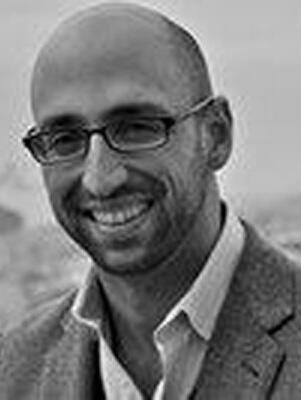Lebanon, by the Numbers
Lebanon, by the Numbers


Since the Taif agreement of 1989, which helped end the civil war, half of Parliament has been reserved for Christians, the other half for Muslims, with each half distributed among 11 of Lebanon’s 18 officially recognized sects (Maronite, Greek Orthodox, Protestant, Sunni, Shiite, Druze, Alawite, etc). Each of Parliament’s (pdf) 128 seats is sect-specific: only members of that sect can run for it. (Voters, however, can cast their ballot for every seat in their district regardless of their own religious affiliation.) The president must be a Maronite, the prime minister a Sunni and the speaker of Parliament a Shiite. Hundreds of bureaucratic appointments are also subject to sectarian apportionment under the Constitution.
The imposition of religious representativeness in politics is a scourge. In the best of circumstances, it is vulnerable to the demagoguery of religious leaders; in the worst, it breeds civil violence and paralyzes the government. But others fear that a more open system would not provide the guarantees of power-sharing among religious minorities that the current model entails.
In recent months, the focus of these long-standing divergences has centered on the intricacies of Lebanon’s electoral law. The next parliamentary elections are less than a year and a half away, and a loose coalition of civil society groups, independent politicians and Lebanon’s president – the former army general Michel Suleiman — has recently proposed implementing a system of proportional representation to replace the current majoritarian, or “winner-take-all,” model.
Under the existing system, a fledgling party with a small but dedicated following stands no chance of getting its candidates elected in a district where a more established party holds sway. Under proportional representation — in which seats are allocated in keeping with the share of votes collected — a small party could win some seats with a minority of votes. In addition to ensuring multiparty representation in each district, proportional representation would empower lesser-known independent candidates. Over time the newcomers could coalesce to form a bulwark against the traditional political mainstream and advance a more liberal agenda.
Predictably, most major parties have conspired to protect the status quo; they want to maintain their primacy within it. The Future Movement, the main Sunni party, worries that the Sunni allies of its Shiite archrival, Hezbollah, might encroach on its turf. Walid Jumblatt, the country’s main Druze leader, fears that he would lose votes to other Druze figures with small-time followings in his traditional stronghold, the Chouf mountains.
In a rare show of unity, the leaders of Lebanon’s main Christian parties have come together to oppose the president’s draft law. The proposed law would combine Lebanon’s small electoral districts into fewer and larger ones, which is necessary for proportional representation to work effectively. (Imagine an election between 10 different parties in a 10-seat district: if each party wins 10 percent of the overall vote, each one gets its own seat. In a two-seat district, only the top two lists win seats.) But an electoral map with larger districts also means larger constituencies, which in turn means that substantial numbers of Christian candidates could be voted in on the lists of non-Christian parties (like the Future Movement and Hezbollah). And that would erode the influence of the traditional Christian political elite.
And so the Christian political establishment has offered a radical counter-proposal: a law that would institute proportional representation but also require citizens to vote only for members of their own sect (Sunnis would elect Sunnis; Greek Orthodox, Greek Orthodox, etc.)
One of the many problems with this idea is that it would generate considerable inequalities of suffrage between Christians and Muslims. As is, Christians already have greater voting power than Muslims because they still occupy half of Parliament even though they now represent less than half of Lebanon’s population. Under the new proposal, this disparity in representation would be further exacerbated.
Worse is the vision of Lebanon’s political future at the heart of the Christian plan. The president’s proposal envisages a country whose citizens vote for candidates on the basis of party affiliation and political platform, not sect. The Christians’ counter-proposal imagines Lebanon as a collection of 18 insular religious communities jealously nominating their own nobility and eyeing one another with suspicion. The first model is a bold step toward dismantling political sectarianism; the second is an enormous step backward, toward greater divisiveness.
Because of its inexpediency, a substantive revision of the electoral law in time for the 2013 elections seems unlikely — despite the fact that a solid majority of Lebanese say they would prefer proportional representation to the current system. Yet if Lebanon is ever to establish a new social contract — one based on true citizenship rather than begrudging coexistence — it will need to change its electoral arithmetic.
